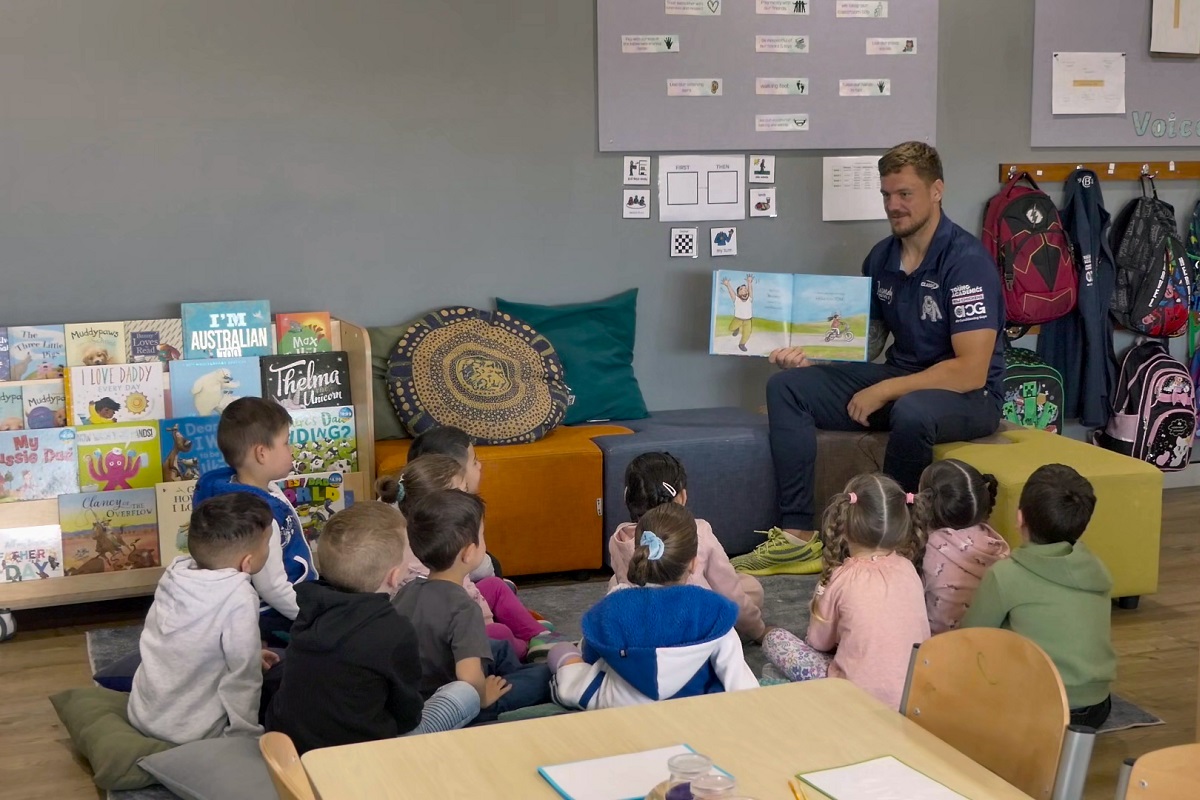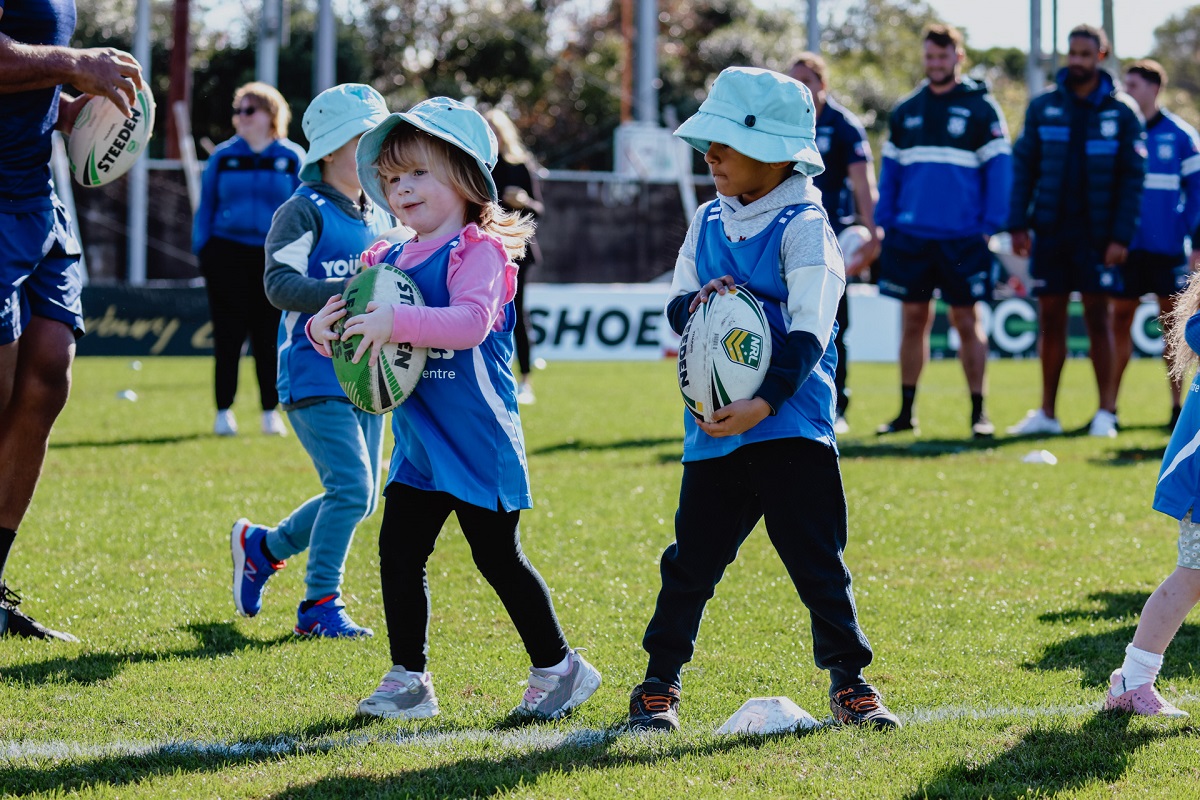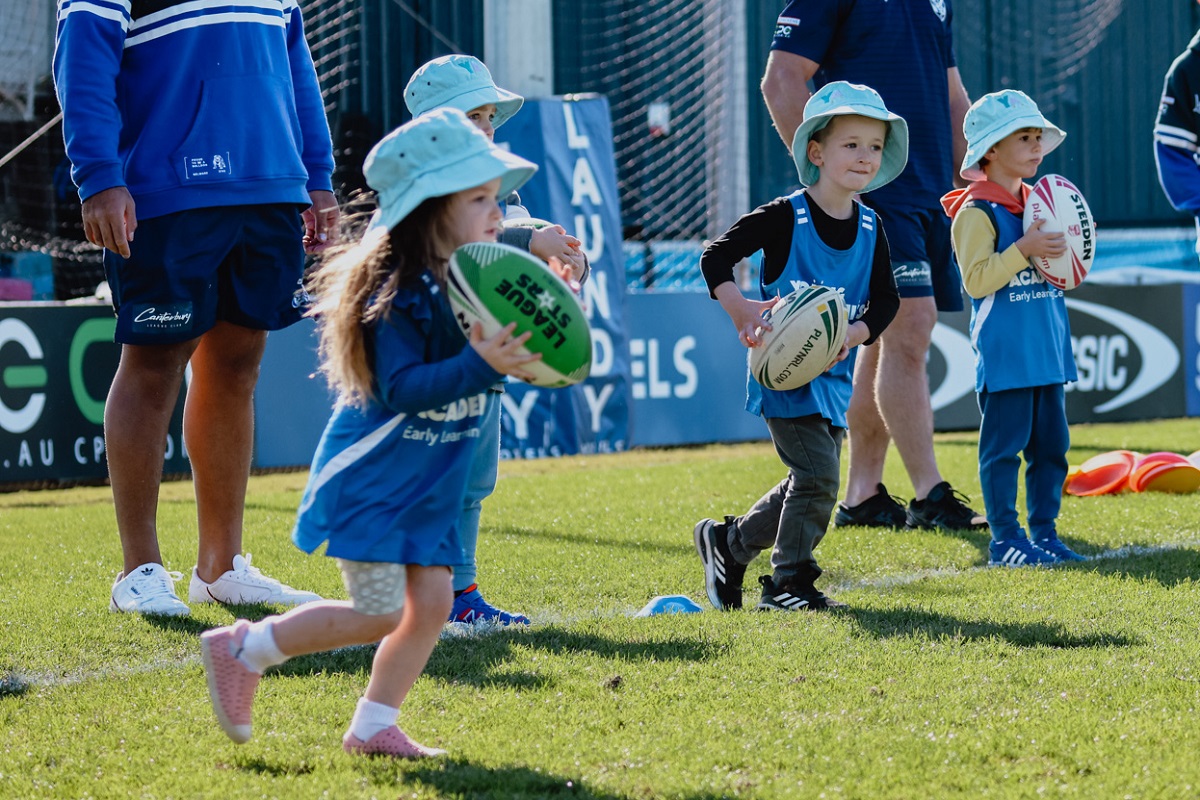Teaching children responsibility is one of the most important tasks for a parent. Responsibility follows them through life, whether they like it or not. It is key to success in a child’s school life, social life and in general, when they become adults. Many parents also single it out as one of the key qualities for their child to learn.
Many parents consciously try to teach their child responsibility but in fact, end up teaching them obedience. When it comes to cleverly teaching your child how to be responsible, it is important that you are careful not to turn it into lessons on obedience. So, what is responsibility? Responsibility means knowing how to: be dependable, accountable, reliable and committed. It is not about doing just what you’re told.
Why should you teach responsibility?
It may seem like a silly question because the obvious answer is–to be responsible! However, learning how to be responsible as a child has a number of other benefits such as:
- learning to work well with others,
- being organised,
- developing self-esteem,
- completing tasks and,
- learning how to help around their homes.
Remember not to expect immediate responsibility with your child – this develops over time, as your child gets older and with your guidance.
How to teach responsibility to a child
Create a chore list
Creating a chore list gives your child a document by which you can hold them accountable. Of course, depending on your child’s age, these tasks must be in line with his or her capabilities. As children are given simple chores and activities to do at home they begin to learn about responsibility by feeling a sense of belonging, need and by gaining a positive self-concept that will eventually help them become independent adults. Here are a few things you should keep in mind when giving your child a chore list:
- Offer choices with their chores and involve them in the planning. This will help them feel more committed to the chores and communicate their suggestions.
- Rotate the chores as jobs can quickly become boring.
- Create tasks according to your child’s age and development.
- Don’t expect perfection.
Teach them consequences
Teaching your child about both the negative and positive consequences of completing their chores or another task that you delegated to them is important for driving home the lesson of responsibility. Parents decide this in different ways. Some may take away playtime or dessert as a negative consequence while others will use money as a positive consequence. Whichever you choose, ensure that your child understands the meaning behind it and that it is a direct result of their actions. Here are a few tips for teaching your child about consequences:
- Ensure your child respects you. This is the only way that the consequences will be effective.
- Ensure that your child understands the terms of the consequences. E.g. ‘You cannot watch television for 1 week’ not ‘You cannot watch television until I say so’.
- Ensure that the consequences are immediate otherwise this will ruin its effectiveness.
- Make the consequences age-appropriate. For example, toddlers deserve some leniency. A mere reminder of the consequence is enough to affect them. However, an older child requires a more dire consequence.
Don’t threaten or bribe
Don’t threaten or bribe your child to get them to do a task. This does not mirror life and is unhealthy for your child to grow up with. Additionally, if you are not able to follow through with a threat or bribe, you lose your respect and trustworthiness as a parent.
Show and tell
Your child is still learning and thus, may not be able to do everything on your chore list. Take this as the opportunity to teach them how to do simple tasks such as making their bed, folding clothes or putting away their toys. Don’t be surprised if they can’t do it right the first time, remember that they’re only now learning about life. You may be tempted to do the task yourself because you know that you’ll be able to get it done more quickly but, give your child a chance to complete the task and give guidance only if needed. If they make an attempt and it’s not perfect, count that as one successful step towards responsibility.
Our licensed and professional staff are dedicated to ensuring that your little one learns responsibility through a variety of clever activities and discussions. We try to implement the methods mentioned in this article to ensure that your children are not only entertained when they are with us, but that they learn important life lessons and traits.
For more information about our childcare centre, contact us today on 1300 668 993. Want to join the Young Academics family? Drop your details here, and our friendly team will be in touch with you shortly.



 BACK
BACK



